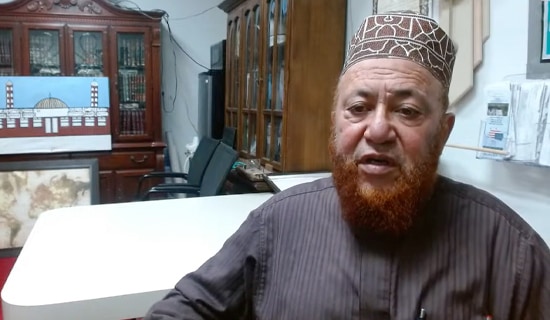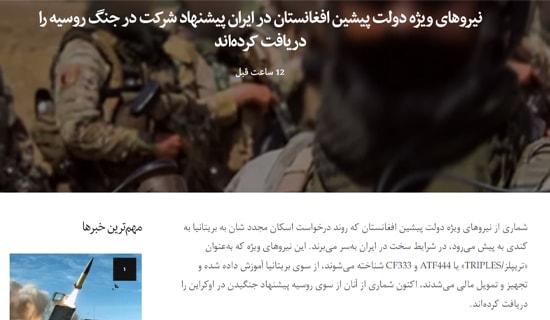The authority of the head of Chinese Communist Party (CCP) is crucial. However, Chinese President Xi Jinping's biggest weakness is precisely his lack of personal prestige, competence, and authority.
Mao Zedong and Deng Xiaoping were and still are considered political strongmen, because of their powerful personal capabilities, supreme authority, and relationships within the party. Both were also military men respected for their great military achievements. Their military competence was in fact the most reliable source of their personal prestige and political capital. Xi Jinping, by comparison, remains a weak leader, who comes across as lacking military merit, courage, and intelligence.

(Source: Twitter)
Xi Uses Mao As A Political Symbol Without Embracing Marxism
Xi's greatest obsession is his quest to emulate Mao Zedong, in order to win over the Chinese who are nostalgic for the Mao era. But he wants to use Mao as a political symbol while at the same time refraining from embracing Mao's communist ideology. It is difficult indeed to mobilize the masses to engage in class struggle and to carry on Mao's communist revolution without the political resources, skills, and prestige of a Mao, and Xi's attempt to do so will eventually pose a challenge for him and endanger his power and position.
It is worth noting that in recent years the Xi Jinping administration has repeatedly cracked down on labor protesters, stopped workers from forming their own unions,[1] and forcefully threatened, marginalized and repressed Marxist student groups because of their support for the workers over trade union organizations in labor disputes.[2]
Thus, the CCP, under Xi Jinping, has become the enemy of orthodox Marxism.
Xi Jinping is a man of great ambition who will not reconcile his mediocrity and weakness with his aspirations. After nearly a decade of leadership, he has consolidated his power through an "anti-corruption" campaign and military reform,[3] while abolishing presidential term limits. However, he knows that in order to match or surpass Mao, he needs military achievements. That is why he sees unifying Taiwan with China by force of arms as one of his most important political goals, and China's draconian controls in places like Xinjiang and Hong Kong can be considered a trial run for his future rule of Taiwan. It must be stressed that if the CCP makes this move against Taiwan, it will not be implementing the "one country, two systems" policy; Taiwan will be directly controlled by the CCP.
Complete Reunification Of The Country Tops Xi's Agenda
Tang Yonghong, Deputy Director of the Taiwan Research Center at Xiamen University, recently said that the CCP's desire to "achieve complete reunification of the motherland" is not just a declaration from Beijing, but also the biggest public opinion trend on the Chinese mainland.[4] For this reason, Xi feels even more pressure to produce results and conquer Taiwan in the next couple of years.
Mao is the spiritual godfather of Xi. But Xi only wants the superficial Mao –that is, his totalitarian approach. Even so, Xi, despite his great ambitions, is a poor learner. In order to make his name in history and solidify legitimacy for his rule, he is determined to achieve what Mao did not: the conquest of Taiwan, also known as complete reunification of the country. Making this happen, therefore, is at the top of Xi Jinping's agenda.
*Chris King is Senior Research Fellow for the MEMRI Chinese Media Studies Project. King was an active participant in the student protests in China in 1989.
[1] Thediplomat.com/2018/08/communist-chinas-crackdown-on-labor-protesters/, August 28, 2018.
[2] Ft.com/content/ccab09aa-bdc2-11e8-8274-55b72926558f, September 24, 2018.
[3] News.cgtn.com/news/2020-08-01/Graphics-China-s-military-reform-in-past-5-years--SceNvpfC92/index.html, August 1, 2020.
[4] See MEMRI Special Dispatch No. 9297, Renowned Chinese Professor Tang Yonghong: Taiwanese Who Support Independence 'Are The Enemies Of China Already' And Must Be 'Dealt With Harshly,' April 21, 2021.





